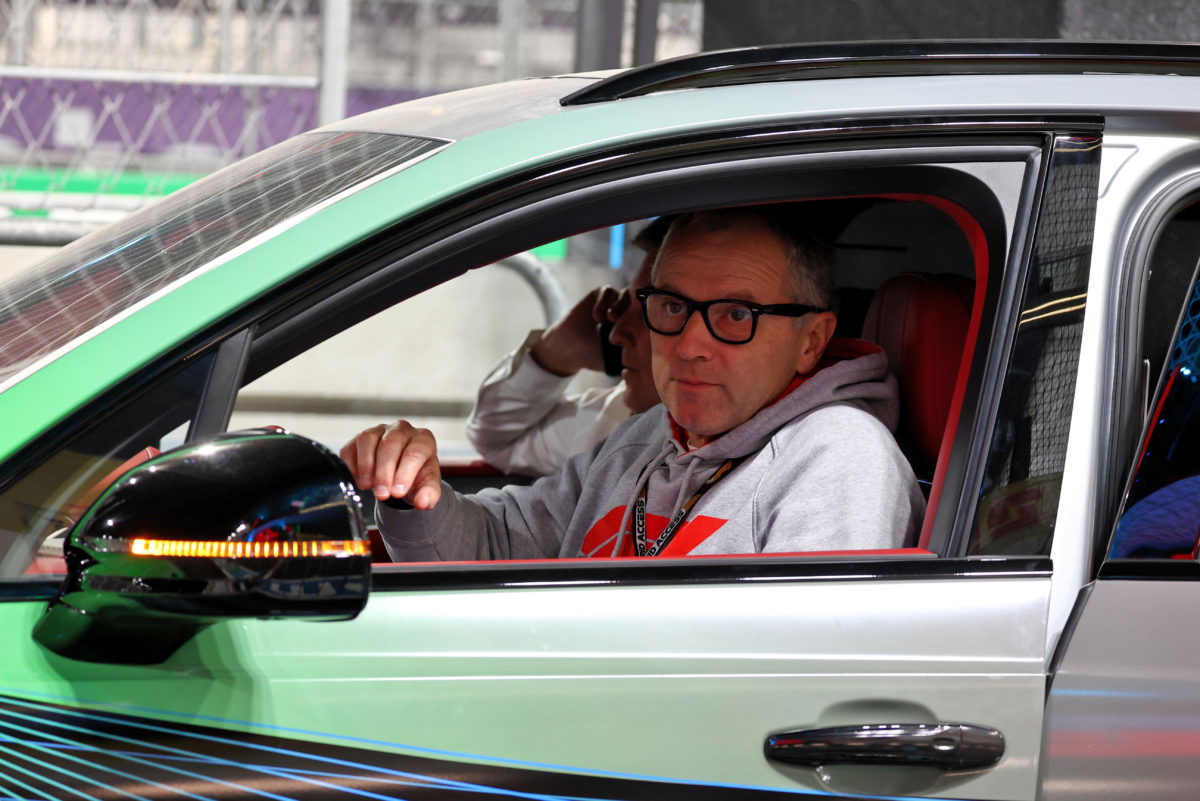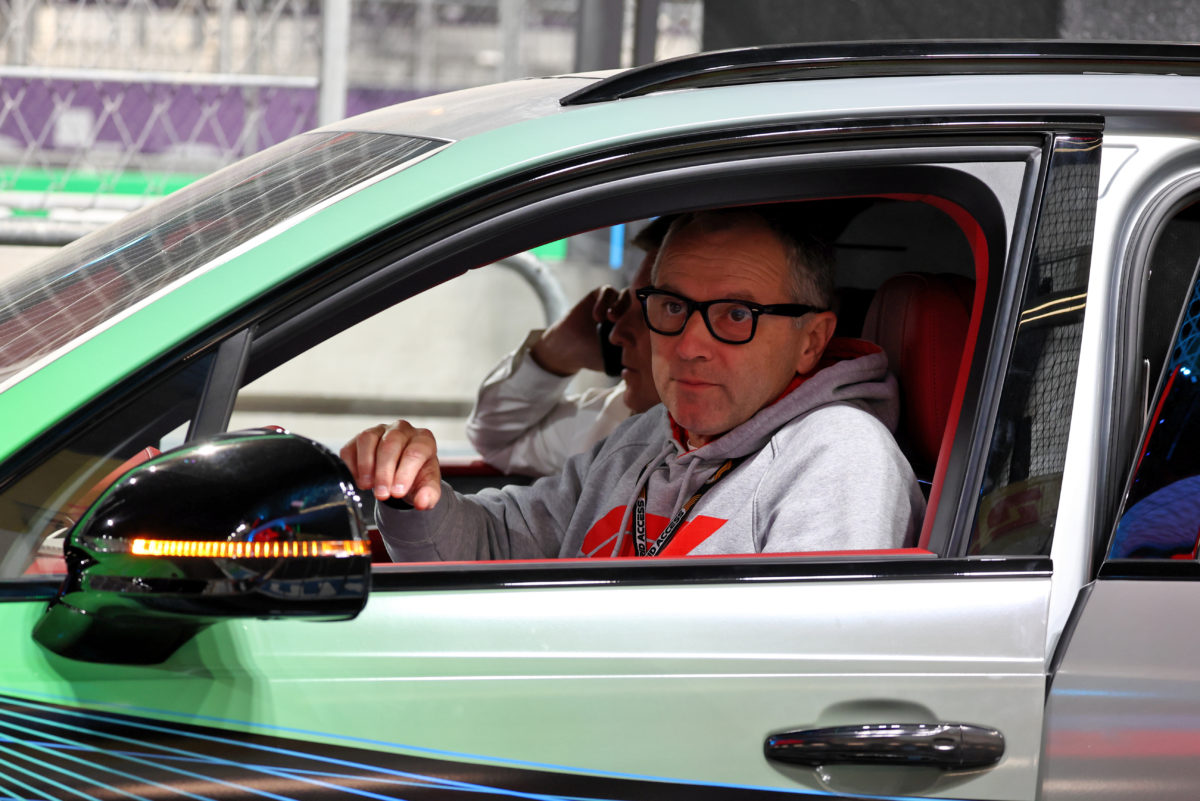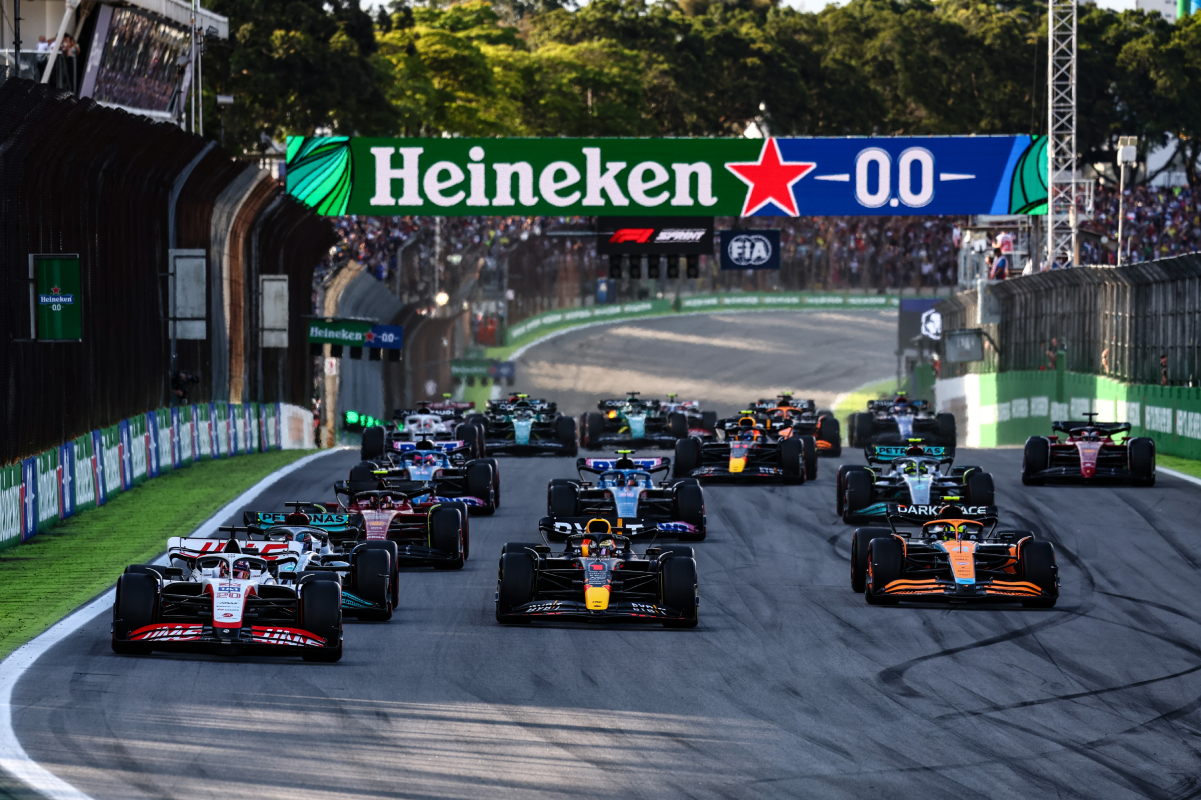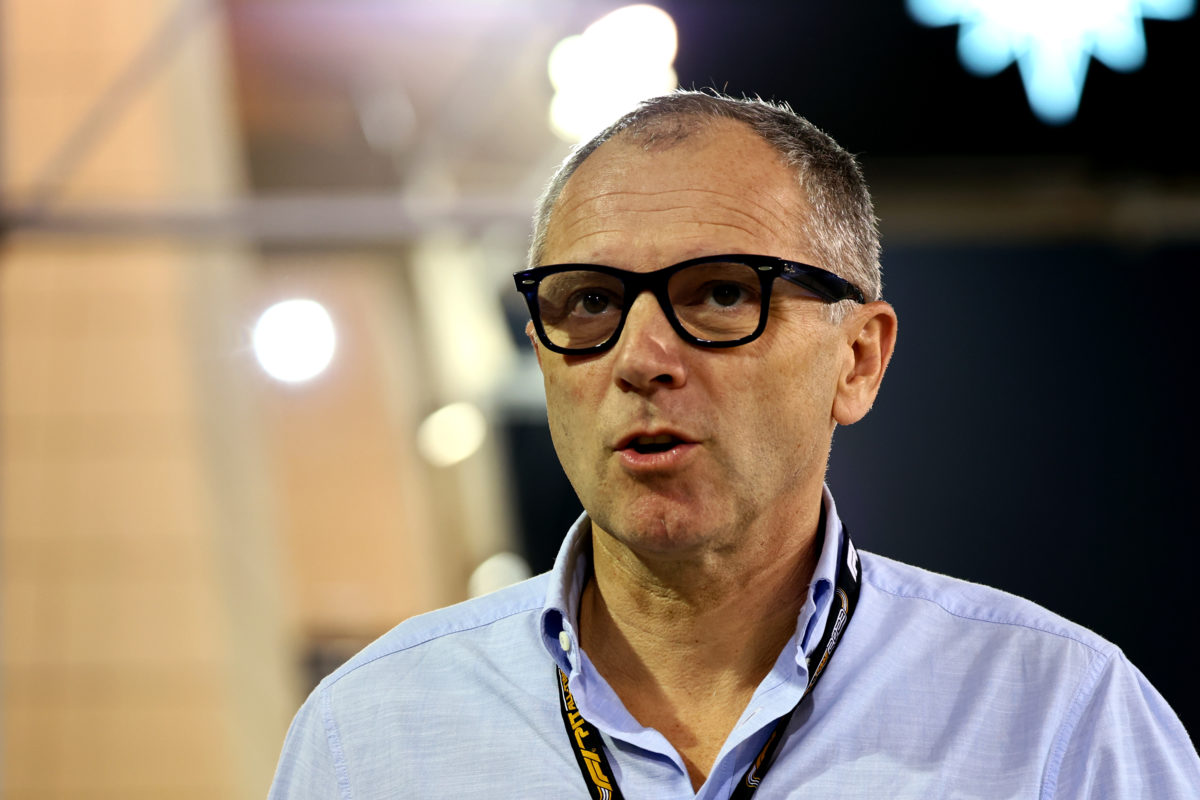

F1 CEO and president Stefano Domenicali raised eyebrows at the weekend when he came out with a bold remark that he is in favour of cancelling the free practice sessions.
It is not the first time Domenicali has suggested a radical approach to an area of the grand prix weekend which undoubtedly has its place but so often lacks the crucial entertainment factor the sport is attempting to instill over the three days.
Last September, in an interview with Italian publication Corriere della Serra, Domenicali proposed the possibility of making championship points available for practice sessions as part of a wider shake-up of the weekend.
At the time, he said: “In a normal weekend, consisting of free practice one and two on Friday, each session should put up for grabs either points or a single qualifying lap – qualifying for a different, shorter Saturday race, instead of the third free practice, perhaps with the reverse-grid mechanism.”
Since the arrival of Liberty Media as the sport’s owners six years ago, F1 has been nothing but audacious in its plans to build and inspire a new audience, with Domenicali merely declaring there are “a lot of things on the table”.
Over the weekend, in attending MotoGP’s opening round of the season in Portugal, Domenicali went a step further during an interview with national network SportTV as he again discussed numerous issues.
“I am a supporter of the cancellation of free practice sessions, which are of great use to the engineers, but that the public doesn’t like,” he said.
Sprint has shown changes do work

It is one idea, however, the 57-year-old is unlikely to push through on this occasion.
Domenicali is right in one respect, in that practice is crucial for the teams ahead of qualifying and a grand prix in order for them to run the rule over new developments, fine-tune set-ups and evolve strategies based on tyre choice.
The trio of one-hour sessions offers enough opportunity for the teams and drivers to acclimatise to wherever they may be, even if running is lost on occasion via a technical issue or incident.
That has proven to be the case even after a decision was taken ahead of the 2021 season to cut Friday’s two 90-minute outings down to one hour apiece.
The introduction of the sprint races has added a further dynamic to practice in that there is a single one-hour session before qualifying, placing a different type of pressure on all involved to quickly solve whatever puzzles they encounter.
The unsatisfactory off-shoot, however, is that Saturday’s practice session has become a mundane exercise in logging tyre data for Sunday’s grand prix.
Domenicali is wrong to assume, however, the public does not like practice.
For many fans, it affords them the opportunity to watch their favourite drivers and teams chalk up multiple laps, even if there is a lack of competitive action.
This is especially important when you consider that standalone ticket prices for Fridays are far more affordable than over the weekend itself. Without practice, there would be many fans unable to view F1 up close and personnel.
Domenicali walking a fine line

Instead, Speedcafe understands there is no desire to eradicate practice sessions altogether. It is known that within the F1 Commission, there are ongoing discussions as to how to make race weekends even more engaging for teams, drivers, and fans.
Points for practice is a novel idea, but could you imagine the uproar if that was introduced and a driver became a champion on a Friday or Saturday by securing what was required that day rather than by winning a title from his performance in a grand prix?
Like many of F1’s innovative proposals, the pros and cons are debated before being pushed through.
The sprint, for instance, has at least spiced up a weekend, although it is only through its running have issues emerged, such as the seemingly pointless Saturday practice, and the necessity for points for the top-eight drivers rather than the top three.
Further suggestions are on the table include a standalone Saturday, whereby the qualifying session on Friday would become more traditional by setting the grid for Sunday’s race.
Then on Saturday, there would be another qualifying session – in place of the second practice – ahead of the sprint race, whilst there are also moves to again increase the number of sprint races from the six at present.
There is no doubt Domenicali is eager to make additional changes, which does not mean the removal of Friday practice, that much is certain.
There is, however, a fine line he is treading between raising F1’s entertainment level and appeasing the needs of the teams.




















Discussion about this post